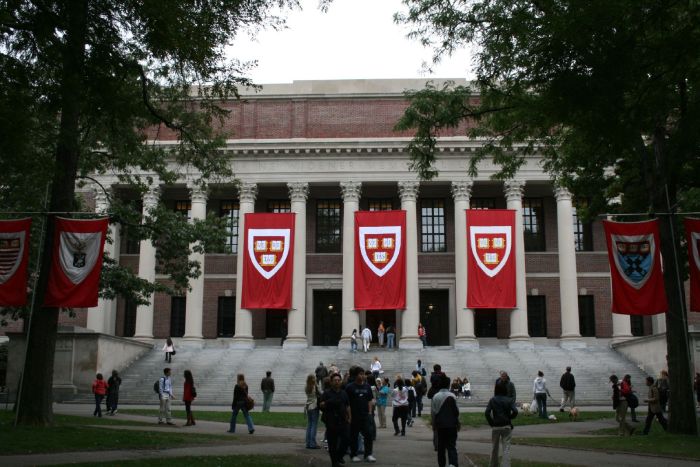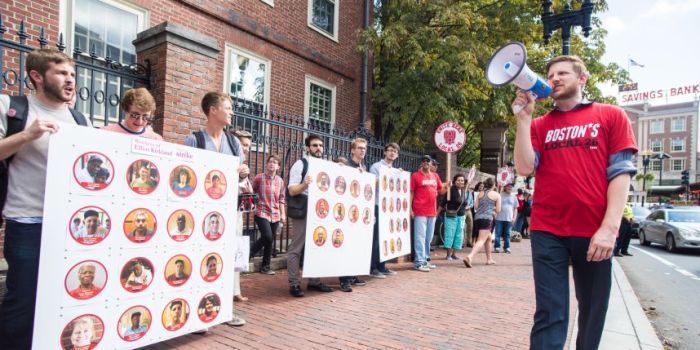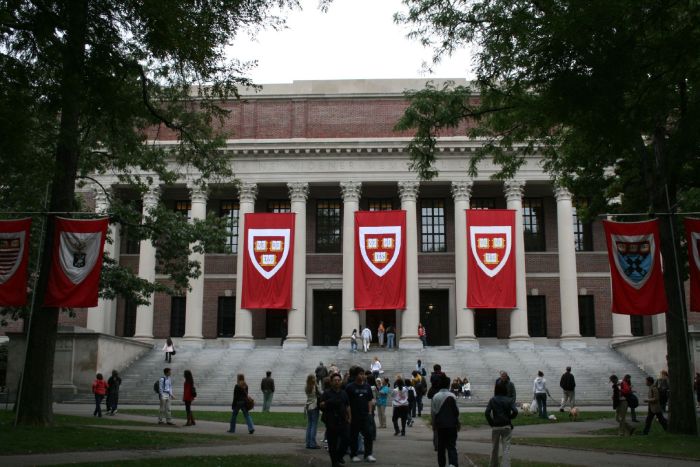Harvard University is making some changes in an effort to be more inclusive.
The school’s Presidential Task Force on Inclusion and Belonging released its final report this week, which includes recommendations, goals and tools to make the Ivy League campus a culture of belonging.
The task force was created in Sept. 2016 in the wake of some criticism of campus demographics; just this past December, Harvard had to turn over records for a United States Justice Department investigation into whether the school has been discriminating against Asian-American applicants.
One change already in place via the task force has to do with Harvard’s anthem: the task force held a competition to update the lyrics to “Fair Harvard,” originally written in 1836, to be more inclusive.
Now, the last line is officially changed from “Till the stock of the Puritans die,” to “Till the stars in the firmament die.”
Other changes recommended by the report include revising symbols, like the university values, and spaces, like by adding public art and more campus maps, to become more inclusive; advancing the university’s mental health services; and developing faculty initiatives on identity, politics and culture and another on inclusion and belonging in higher education.
“Harvard’s commitment to excellence in the advancement and dissemination of knowledge rests upon the foundation of the remarkable people who make up this community,” Harvard President Drew Faust said in a letter to the school community. “We understand it is essential to open our doors widely to talent from all parts of society, including those that have historically been underrepresented on our campus.”
In response to the final report. Faust has allocated $250,000 toward a fund to support ideas that advance belonging and inclusion, $10 million to hire faculty who can make the school more inclusive and also established a series of open sessions at the Smith Campus Center to foster discussions amongst the school community.
“The responsibility of building community does not alone belong to a task force or to a university president,” Faust wrote. “It is incumbent on all of us to do our part, to reach across difference, to find ways to ensure that every person on this campus has the chance to find intellectual, professional, and social fulfillment.”



















